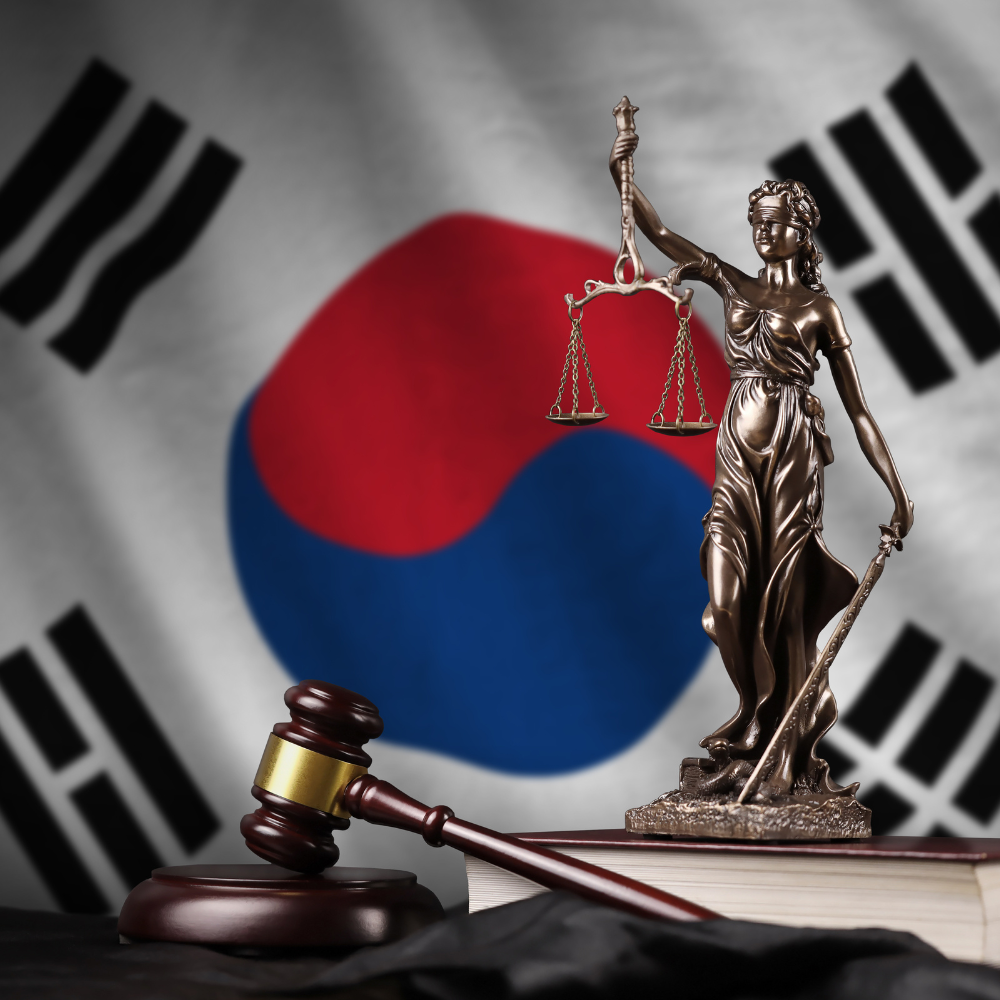South Korean court initiates impeachment trial process against Yoon
South Korea’s Constitutional Court has officially started proceedings to determine the fate of President Yoon Suk Yeol, who was impeached by lawmakers following his declaration of martial law, an act that plunged the nation into political chaos. The court now has six months to decide whether to uphold the impeachment and remove Yoon from office or reinstate him.
The impeachment vote, which took place last Saturday, was prompted by widespread protests demanding Yoon’s resignation. His actions have deeply divided the country, leading to political fallout within his ruling People Power Party (PPP). On Monday, PPP leader Han Dong-hoon announced his resignation amid mounting pressure from both within and outside the party.
While public hearings for the impeachment trial could extend for months, the Constitutional Court faces significant pressure to deliver a swift ruling to end the ongoing political uncertainty. Protesters have vowed to maintain their demonstrations throughout the trial, calling for Yoon’s permanent removal.
The South Korean president has faced impeachment for the third time. In previous cases, the court reversed one impeachment decision and upheld another, setting mixed precedents. Questions arose over whether the court could proceed with Yoon’s trial, as it currently has only six of its nine justices due to recent retirements. However, on Monday, the court clarified that it could operate with the reduced bench and scheduled a preliminary hearing for December 27.
If the court upholds Yoon’s impeachment, South Korea will be required to hold new presidential elections within 60 days. Until then, Prime Minister Han Duck-soo will serve as acting president.
It remains unclear whether Yoon will appear before the court during the trial. He ignored a summons to meet prosecutors in Seoul on Sunday and faces potential arrest if he continues to evade questioning. Despite these developments, Yoon has defended his decision to impose martial law, vowing to fight the charges against him until the very end.
Minutes after the Constitutional Court began its session on Monday, PPP leader Han Dong-hoon announced his resignation during a televised address. He expressed regret for the ongoing political turmoil and extended an apology to the public for the challenges caused by the situation.
Han has been under intense scrutiny from Yoon’s supporters within the party, especially after shifting his stance to support impeachment. Initially, Han attempted to manage a more orderly exit for Yoon, but as the president refused to step down, Han reversed course and pushed for impeachment, calling it the only viable solution.
The impeachment motion passed with support from 12 PPP lawmakers, although the majority of the party opposed it. The vote also led to the resignation of all five members of the PPP Supreme Council, effectively dissolving the party’s leadership structure.
Han acknowledged the dissolution of the leadership, stating it was “impossible” for him to continue as party chief. Reflecting on his decision, he added, “While it pains me to think of my heartbroken supporters, I don’t regret it.”
The trial marks a pivotal moment in South Korea’s political history, with the nation’s future leadership and stability hanging in the balance.









